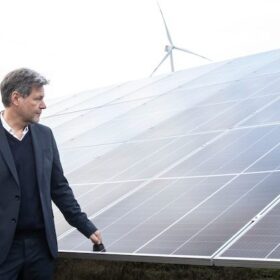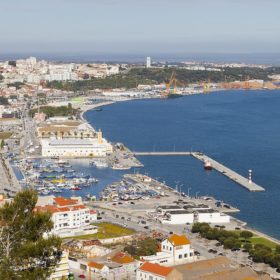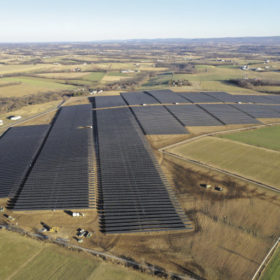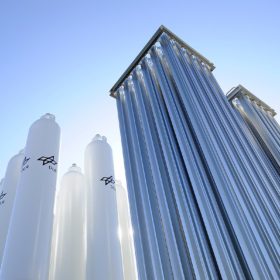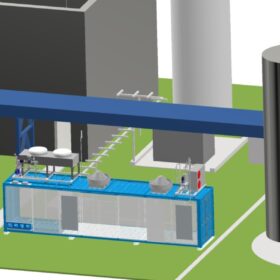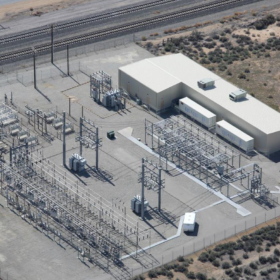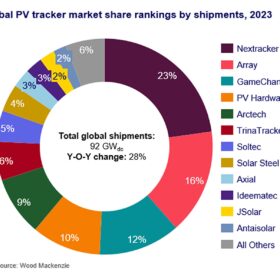The Hydrogen Stream: German government adopts import strategy to create investment security
A new hydrogen import strategy is expected to make Germany better prepared for increasing demand in the medium and long term. The Netherlands, meanwhile, saw its hydrogen market grow considerably across supply and demand between October and April.
Portugal launches first auction for green biomethane and hydrogen
The government will auction up to 127 GWh/year of hydrogen with a maximum price of €127/MWh, and up to 150 GWh/year of biomethane with a maximum price of €62/MWh.
‘Being a woman in solar is about more than creating your own career’
This week, Women in Solar Europe (WiSEu) gives voice to Soledad Andrade, Business Development and Operations Specialist at Spain’s Youdera. She says, in its early days, she was often the only woman in meetings or on-site visits, making it harder to prove her value. However, as more women join the sector, it has become a more comfortable and supportive environment for development and growth.
Germany accelerates approval procedures for PV, wind power, storage
Acceleration areas and shortened approval procedures are intended to ensure faster expansion of wind and solar parks as well as energy storage at the same locations. The move implements requirements from the EU Renewable Energy Directive of 2023. Approvals will also be facilitated for electrolyzers to ramp up hydrogen production.
Work underway on Lightsource bp’s 560 MW solar project in Greece
Lightsource bp has announced its joint venture company Ameresco Sunel Energy SA as the EPC contractor and O&M provider for its 560 MW solar project in mainland Greece. The project has been billed as one of Europe’s largest solar sites.
Spanish researchers develop materials to obtain hydrogen from water via microwave radiation
The developed process allows green hydrogen to be obtained from renewable electrical energy due to the design and use of materials that have redox properties and that respond to microwave radiation.
Fraunhofer IEG building new sector coupling test facility to increase electrolyzer, heat pump efficiencies
The city of Zittau has now granted the building permit for the test facility, which is to be constructed by the beginning of next year. The aim is to develop cost-effective electrolyzers for the production of green hydrogen, in which the by-products oxygen and heat can be optimally used.
Poland launches tender for 263 MW/900 MWh battery storage system
Polish utility PGE Group has launched a tender for the design and construction of a battery storage facility with a minimum capacity of at least 900 MWh. Meanwhile, Ukraine’s DTEK has completed the acqusition of a 532 MWh battery storage project in southern Poland.
Sale process begins for German microinverter maker Solarnative
Solarnative launched insolvency proceedings and started searching for new investors in June.
WoodMac says global solar tracker shipments grew by 28% in 2023
Global tracker shipments reached 92 GWdc last year, according to WoodMackenzies’ latest report. The US accounted for the majority of the global market, with three US-based manufacturers, Nextracker, Array Technologies and GameChange Solar, ranking as the three largest shippers in the world.
